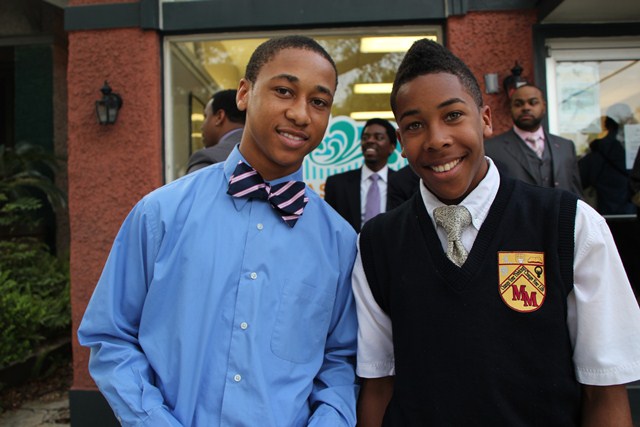Are you looking for your first or second job? When you’re just starting out and haven’t worked at a real job before, the best type of position to look for is one that doesn’t require formal skills and experience. There are plenty of jobs available for those just starting out in the workforce, especially if they are willing to work minimum wage jobs in order to gain valuable work experience.
Most appropriate jobs for someone who hasn’t worked before will require very little if any, experience. Employers of young job seekers are willing and accustomed to training their employees. In fact, training is usually part of the orientation program that employers provide to new hires. Here’s information on where to get hired, first job options, what you need to get hired, and how to find your first job.
Where to Get Hired
There are two ways to start working. Many young people start out with informal jobs like babysitting, pet sitting, mowing lawns, or shoveling snow. The best way to find a job like this is to check with your friends and family. Also, check with your school guidance office, coaches, trusted neighbors, and just about anyone else you know. The more people you ask, the better chance you will have of finding someone to hire you.
When you want to start getting formal work experience, the common industry sectors that hire workers without experience include hospitality, recreation, camps, food service, retail sales, and landscaping. The peak season for hiring is the summer. If the summer job you land works out, you may be able to continue working part-time in the fall when you’re back in school.
Another option would be to learn about and apply to student apprenticeship programs that may be available in your area. For example, Microsoft offers a number of apprenticeships to teens (older than 16) who live in Seattle or King County, Washington. You can learn more about apprenticeships for teenagers by visiting your own state’s Labor Department website.
With the general job sites search using job titles you’re interested in, and terms like “no experience,” “no previous experience needed,” and “no experience required” to find entry-level positions.
What You Need to Get Hired
Do keep in mind that for some jobs and in some locations you will need an employment certificate (also known as working papers) if you are under 18 to show an employer that you are old enough to work.
In addition, if you are under 16, there are some jobs that you are not allowed to work at, such as bartending or jobs considered hazardous by the Fair Labor Standards Act (FLSA). Others, especially if you are working for family, friends or neighbors, don’t have restrictions.
First Job Options for Teens
Here is a sample list of titles for first jobs:
- Activities Assistant
- Amusement Ride Attendant
- Babysitter
- Bagger
- Barista
- Baseball Umpire for Little League
- Basketball Referee for Juniors
- Bellhop
- Busser
- Camp Counselor
- Camp Counselor in Training
- Car Detailing
- Car Wash Attendant
- Cashier
- Child Care Assistant
- Cleaner
- Concession Worker
- Counselor In Training
- Counter Worker – Food Service
- Crew Member
- Customer Service
- Dishwasher
- Dog Walker
- Drugstore Cashier
- Editing
- Farmhand
- Fast Food Worker
- Food Prep Worker
- Food Server
- Food Service Worker
- Golf Caddy
- Greeter
- Grocery Clerk
- Household Chores
- Ice Cream Shop
- Kennel Assistant
- Landscaper
- Lawn Mower
- Lifeguard
- Merchandiser
- Mother’s Helper
- Music Reviews
- Music Teacher for Young Children
- Nursery Worker
- Office Workers
- Packing and Moving
- Paper Delivery Person
- Pet Sitter
- Pizza Parlor
- Programmer
- Proofreader
- Receptionist
- Restaurant Hostess/Host
- Retail Store Sales Clerk
- Server
- Sports Coach
- Soccer Referee for Juniors
- Stock Clerk
- Swim Instructor
- Team Member
- Ticket Taker
- Tutor (in-person or online)
- Waiter/Waitress
With a little initiative – and the willingness to work conscientiously at jobs that initially only pay minimum wage – you can begin to establish your reputation as a competent and dedicated employee while earning some extra money.
This work experience, as well as the positive references you can collect from employers who are satisfied by your performance, will help to ensure that future employers will be interested in you as an attractive job candidate.
